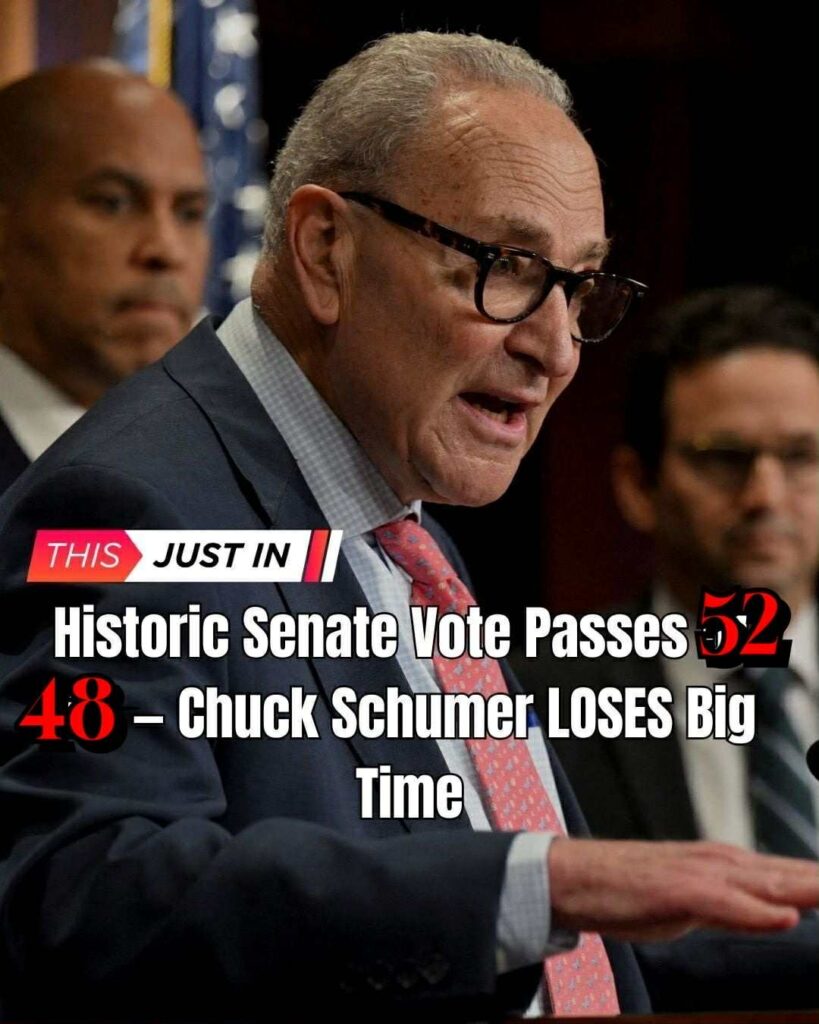
In a surprising turn of events, the Senate has voted to overturn former President Donald Trump’s 50% tariffs on Brazilian imports. The vote passed narrowly with a 52-48 majority, effectively dismantling one of the key components of Trump’s “America First” trade policy. The move is seen as a significant shift in trade relations, with implications for both American industry and international commerce.
The tariffs, introduced during Trump’s presidency, were designed to protect American workers and manufacturing by discouraging cheap imports and encouraging domestic production. However, the decision to eliminate them has sparked a heated debate about the future of U.S. trade policy and the balance between protectionism and free-market principles.
Notably, several Republicans broke ranks with their party’s traditional stance on trade by siding with Democrats in voting to repeal the tariffs. Among those Republicans were Senate Minority Leader Mitch McConnell, Senators Thom Tillis, Rand Paul, Lisa Murkowski, and Susan Collins. Their votes have drawn significant criticism from conservatives who argue that the tariffs were instrumental in boosting American jobs and industries.
The vote, however, is not the final word on the matter. The measure still has to pass through the House of Representatives, where its fate remains uncertain. Given the political landscape, it is unlikely to gain the support necessary to clear the House and become law, though the outcome is still in play.
Former President Trump’s supporters argue that the tariffs were a cornerstone of his administration’s efforts to reduce the U.S. trade deficit and promote American-made goods. They point to the jobs created in industries like steel and manufacturing as a direct result of the tariff policy, which aimed to level the playing field for American companies facing stiff competition from abroad.
Critics of the tariffs, however, contend that they led to higher prices for American consumers and disrupted supply chains. The decision to overturn them is seen as a move to restore trade relationships with Brazil and other countries, which were strained under Trump’s aggressive tariff policies. Some view this as a step toward a more globalist approach to trade.
As the debate continues to unfold, many are questioning whether Washington’s globalist factions are seeking to undo the economic gains made during Trump’s tenure. The controversy surrounding these tariffs reflects the deep divides within U.S. politics over how best to navigate the complex world of international trade and American industry.